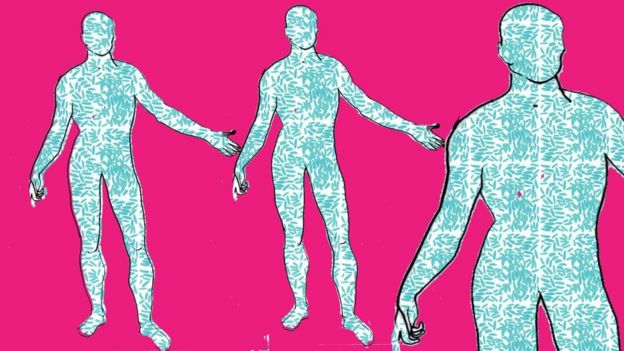Their study is among the most detailed analyses of what happens when we consume
probiotics. They are seen as healthy and good for the gut, but the results found they had little or no effect inside the body. The researchers said probiotics of the future would need tailoring to the needs of each individual. The team at the Weizmann Institute of Science made their own probiotic cocktail using 11 common good bacteria including strains of
Lactobacillus and
Bifidobacteria. It was given to 25 healthy volunteers for a month.
They were then sedated and samples were surgically taken from multiple places in the stomach and small and large intestines. The researchers were looking to see where bacteria successfully colonised and whether they led to any changes in the activity of the gut.
The results in the journal Cell, showed in half of cases the good bacteria went in the mouth and straight out the other end. In the rest, they lingered briefly before being crowded out by our existing microbes.
The microbiome
- You're more microbe than human - if you count all the cells in your body, only 43% are human
- The rest is our microbiome and includes bacteria, viruses, fungi and single-celled archaea
- The human genome - the full set of genetic instructions for a human being - is made up of 20,000 instructions called genes
- But add all the genes in our microbiome together and the figure comes out at between two million and 20 million microbial genes
- It's known as the second genome and is linked to diseases including allergy, obesity, inflammatory bowel disease, Parkinson's, whether cancer drugs work and even depression and autism
Trillions of bacteria call the lining of our guts home and everyone has a different mix of microbial inhabitants. Dr Eran Elinav said it was wrong to expect an off-the-shelf probiotic to work for everyone. He says that in the future probiotics will need to be tailored to the needs of individual patients. He told the BBC: "And in that sense just buying probiotics at the supermarket without any tailoring, without any adjustment to the host, at least in part of the population, is quite useless."
MORE


